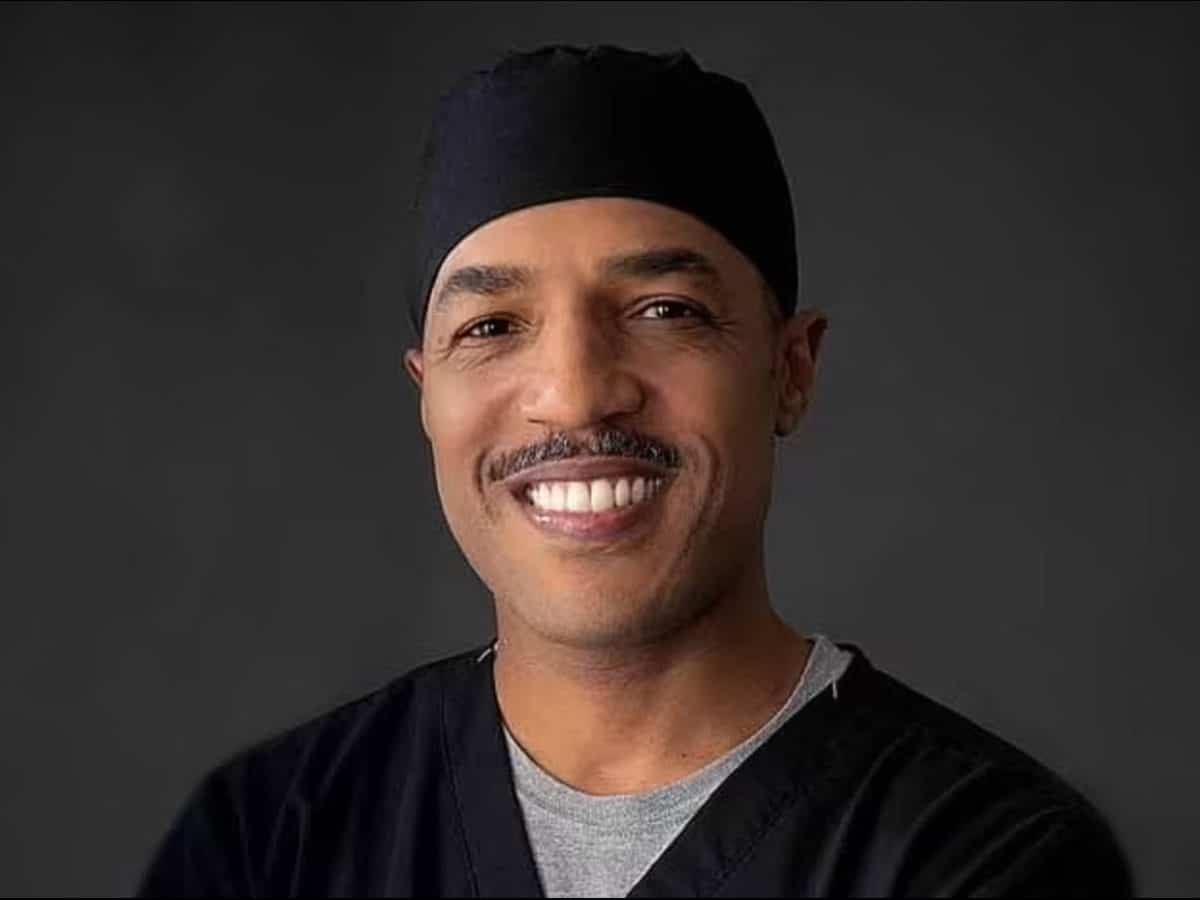Louise Gossett was an American actor best known for his role as Gunnery Sergeant Emil Foley in the 1982 film An Officer and a Gentleman. His tough training would transform recruit Richard Gere into the man of the film’s title.
Gosset, who died on March 29, 2024, would go on to become the first black person to win an Academy Award for best supporting actor, making him the third black actor after Hattie McDaniel and Sidney Poitier to take home any Oscar. He is also an Emmy winner for his role in the seminal TV miniseries “Roots.”
What is more, Gossett twice received the NAACP’s Image Award and another Emmy for producing a children’s special, In His Father’s Shoes (1997).
The actor was born in Sheepshead Bay, Brooklyn, to Helen (nee Wray), a nurse, and Louis Sr., a porter. During his childhood, he contracted polio but overcame it to play basketball. However, an injury saw him join the drama club, and he subsequently auditioned professionally on the advice of his teacher.
At the age of 17, he was on Broadway playing a troubled child in Take a Giant Step, which won him a Donaldson Award for best newcomer. From there, he won a drama scholarship to New York University.
While in school, he continued working, starring in The Desk Set (1955) and making his television debut in two episodes of the NBC anthology show The Big Story. He was also cast in Raisin in the Sun and made his film debut in 1961, reprising his role.
He appeared in Jean Genet’s The Blacks, the decade’s longest-running Broadway show, starring James Earl Jones, Cicely Tyson, Roscoe Lee Brown, Godfrey Cambridge, and Maya Angelou.
Aside from music, he was active in the Greenwich Village folk music scene and released his first single Hooka Dooka, Green Green, in 1964, followed by See See Rider, and co-wrote the anti-war hit Handsome Johnny with Richie Havens.
His music journey also included the release of another single, a drums and horns version of Pete Seeger’s anti-war hymn Where Have All the Flowers Gone in 1967. He was also in the gospel musical Tambourines to Glory.
In a statement announcing his death, Gossett’s cousin Neal L. Gossett said the actor would be remembered as a man “who walked with Nelson Mandela and who was also a great joke teller, a relative who faced and fought racism with dignity and humor”, according to AP.
In 1968 when Gossett was in Hollywood for a major role in “Companions in Nightmare,” Universal Studios rented him a convertible and while driving to his hotel after picking up the car, he was stopped by about eight sheriff’s officers. One ordered him to turn down the radio and put up the car’s roof before letting him go.
“I realized this was happening because I was Black and had been showing off with a fancy car — which, in their view, I had no right to be driving,” Gossett wrote in his memoir of his racist experiences.
Gossett’s cousin told The Associated Press that the actor died in Santa Monica, California. No cause of death was revealed. He was 87.










